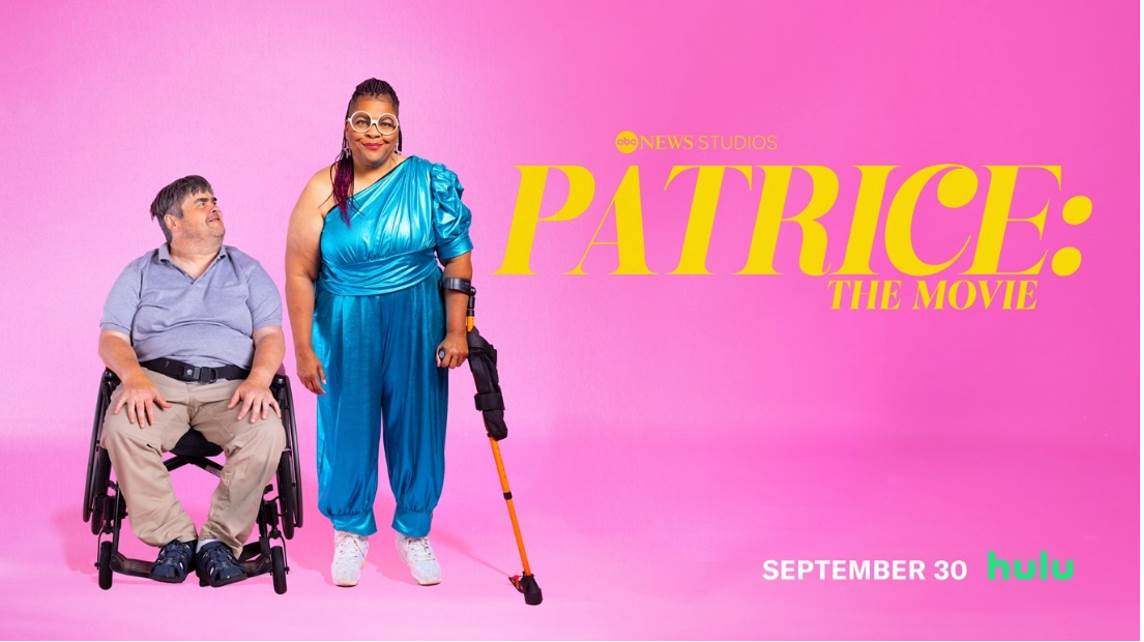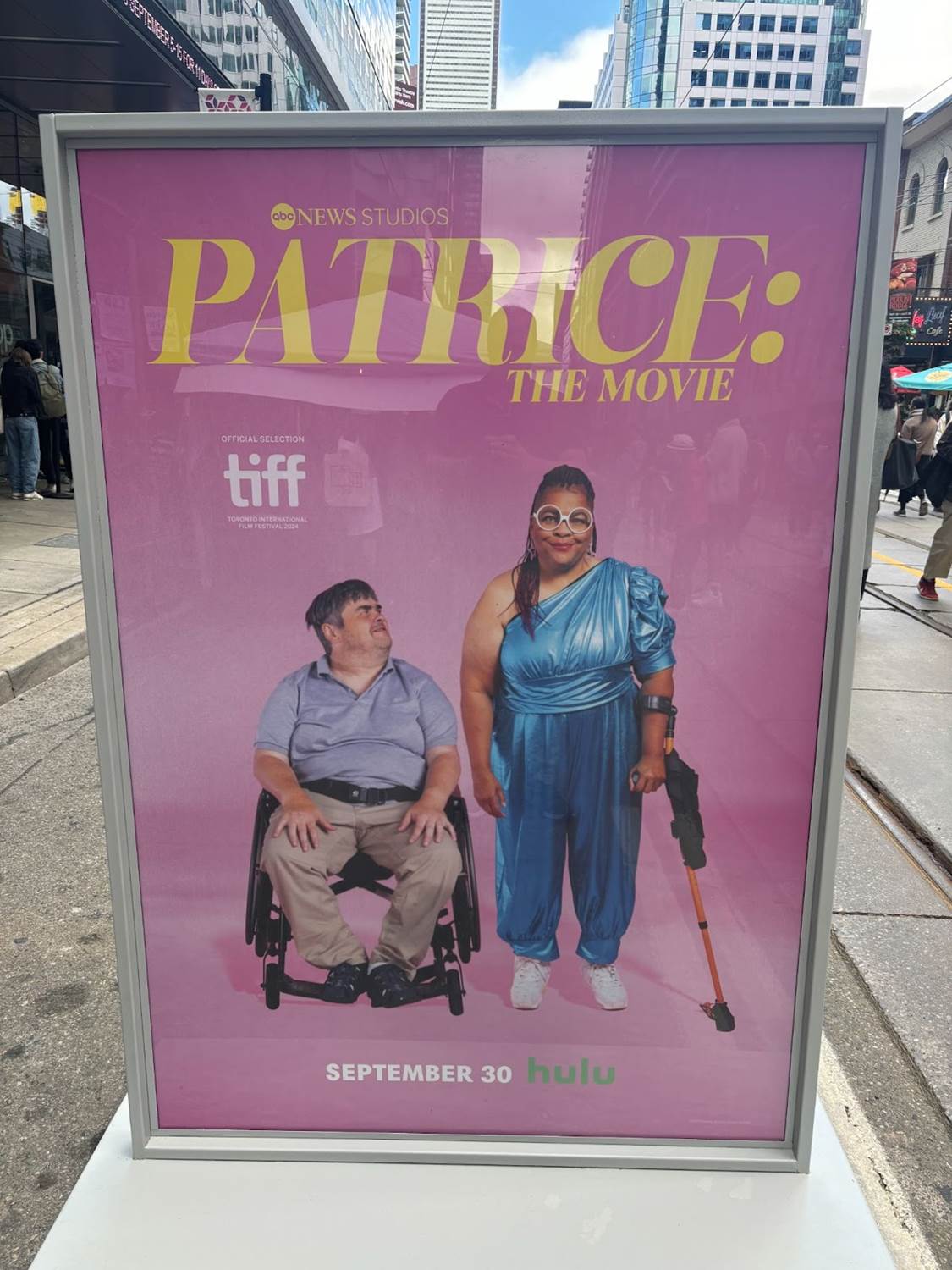TIFF Movie Review – “Patrice: The Movie” is a Heartfelt Look at Two People Who Want to Get Married But Can’t
Patrice: The Movie is a sentimental and sweet story of the lives of Patrice Jetter and her boyfriend Gary. Both are in love and wish to marry. The problem is that Patrice and Gary are disabled, and if they marry, they will lose their Medicare benefits. Neither of them can afford to pay out of pocket for the essential medications they need to survive, so the two are kept apart.
Yes, this is 2024, and two people who want to marry are not allowed because they will lose their government assistance benefits. They cannot even live together because this would also prompt the government to cut their benefits. The archaic system of government assistance is 100 years behind the time.
The movie focuses on Patrice and Gary, telling their story from when they met, to showing the pair practicing a pairs figure skating routine and how they navigate their daily life. It’s a love story but the movie is also a story about survival. Patrice’s compelling narrative will grab hold of the audience instantly. Everyone will fall under Patrice’s charm and feel the empathy that the federal government is lacking.
From the moments before their routine, to watching Gary and Patrice sit down for a meal at her apartment, audiences get a chance to dive into Patrice’s childhood, and the experiences she had as a kid. Told with child actors playing the part of the adults in her flashbacks, with Patrice playing the part of her younger self, the film has heightened our awareness of the difficulties she faced. From living with an overprotective mother, to being committed to an institution where she was abused, Patrice Jetter is a survivor.
One will instantly feel the pain Patrice experienced and the joy she felt when she was first living on her own in her apartment eating ice cream for breakfast because she wanted to. Thanks to Patrics, the stereotype of people on government assistance is proven to be just what it is, a stereotype. She has a job as a crossing guard, and as Gary states in the film, is the best crossing guard in the world.
Documentaries are meant to tell a story that is truthful with all filmmakers trying to draw attention to an issue that is overlooked. The inequality that Patrice and Gary face is not acceptable in today’s world. It seems that at every moment Patrice may have success there is always a danger waiting. Patrice describes how a GoFundMe campaign which was designed to help pay for needs, resulted in her losing her benefits because the government counted the donations to the campaign as income acquired by Patrice which surpassed the regular salary she would make in a year.
How in the year 2024 is society still persecuting people with disabilities? Perhaps it is a lack of awareness and knowledge, maybe people with disabilities just don’t merit attention by the average citizen because it doesn’t affect them. Director Ted Passon has used the power of the lens to shine a light on a true survivor in the form of Patrice and forces the audiences to pay attention. People with disabilities are people and deserve to have the same rights.
Shouldn’t the goal of humanity each year be to better itself? From this writer’s perspective, we as a society have lost our way. The struggles that many of us face seem difficult, but after watching Patrice: The Movie, I certainly have no idea what true struggle is. Jetter has done an excellent job at showing inner strength and humility. We all could learn a lot from Patrice and Gary.
Hopefully, Patrice: The Movie will inspire viewers to care for their fellow human beings. We also learn throughout the film that there are bills before the House of Representatives, which would bring marriage equality to disabled Americans. The problem is that the bills are stuck in development, because this isn’t an issue that many politicians will give their focus to.
SPOILER BELOW:
Films of struggle often have a happy ending, and Patrice: The Movie does have a happy ending. Gary and Patrice participate in a commitment ceremony that isn’t legally binding, and they lead a protest in Washington campaigning for the rights of the disabled. The bills that have floated through Congress for years have still not become law, and at the end of the film, Patrice and Gary continue to soldier on, and fight against inequality.
Viewers will run the gamut of emotions as the story unfolds, and one thing that will leave an impression on everyone is not to pity Patrice and Gary, but instead to see them for the people they are, and to use our voice to help them eliminate the inequality that they face. It’s the right thing to do, and it’s the human thing to do.




